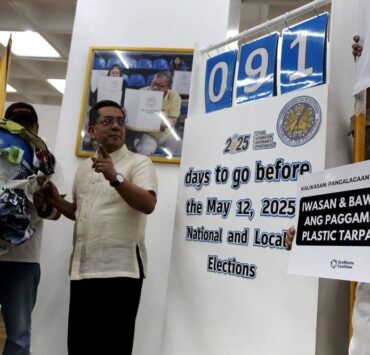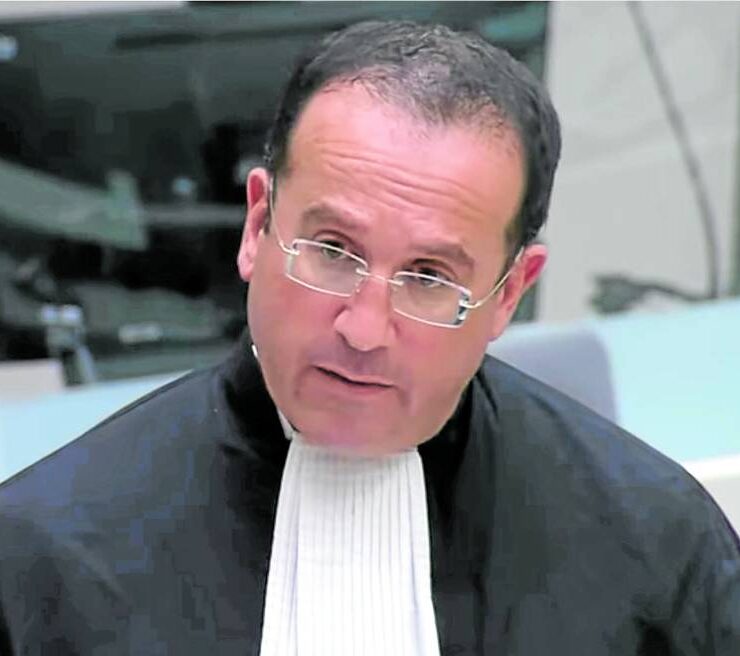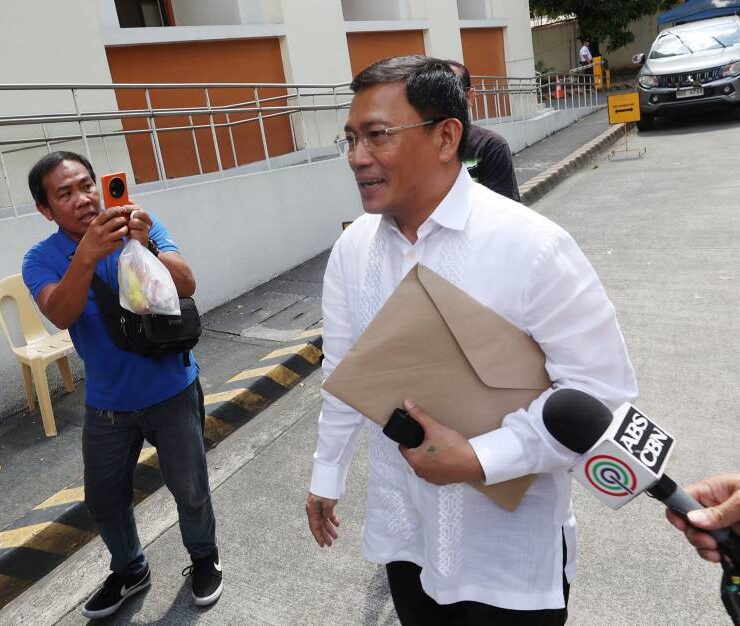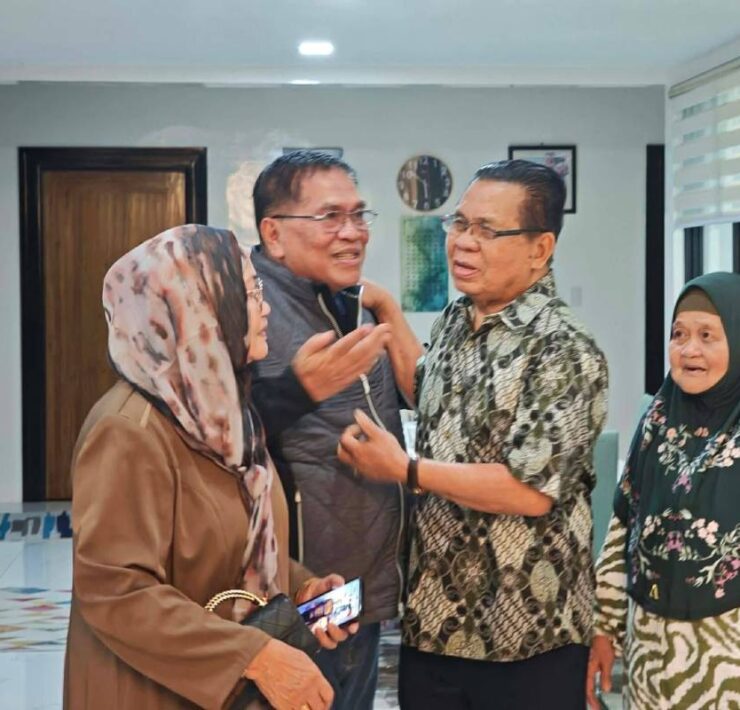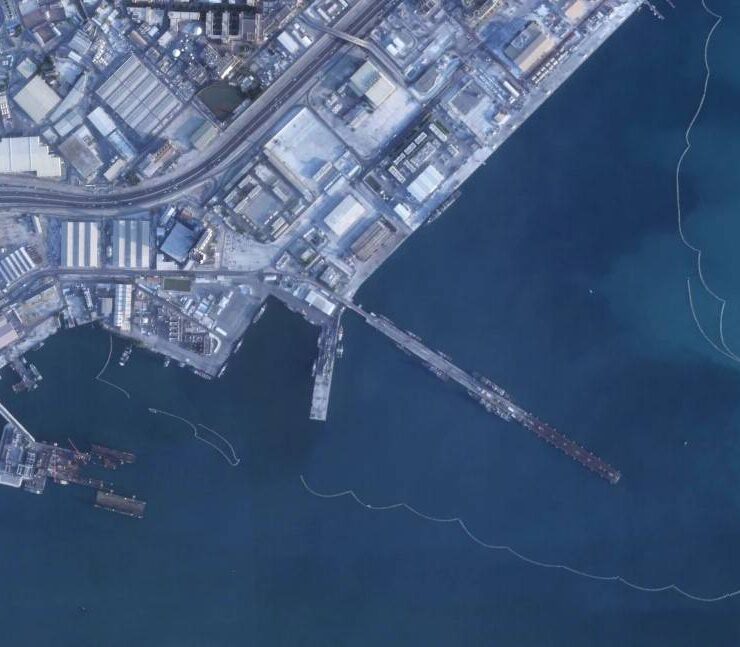VP’s bank records eyed as House preps for trial
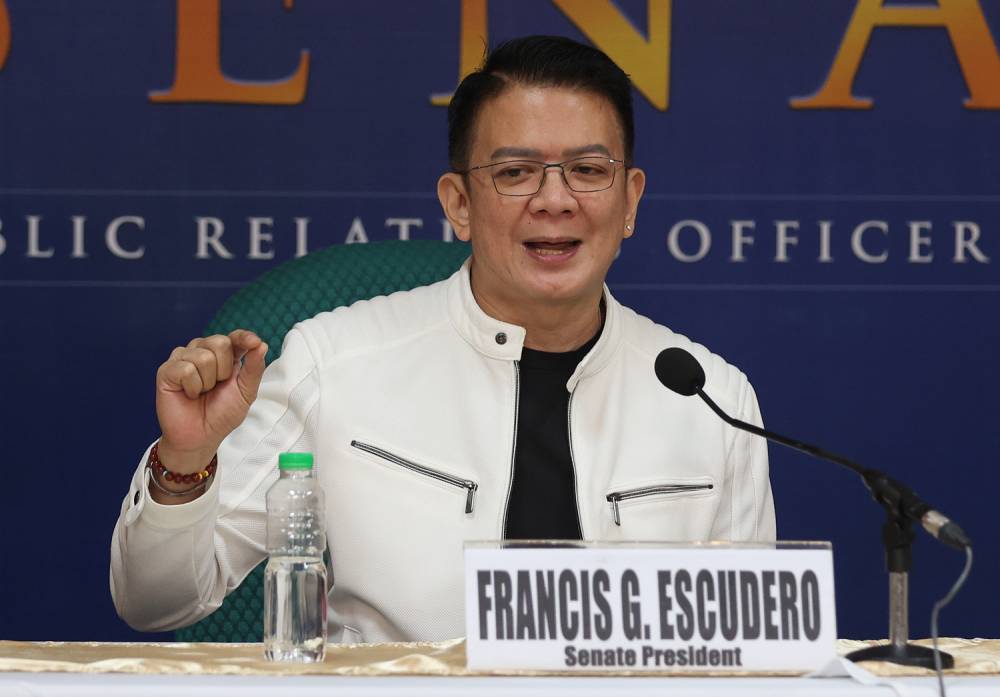
- Once the Senate convenes as an impeachment court, House prosecutors plan to subpoena VP Sara Duterte’s bank and other financial records to boost the case against her and secure a conviction.
- The bank secrecy law provides an exception for impeachment cases and the House prosecutors “intend to use all legal means to secure relevant documents.”
- Ex-Sen. Antonio Trillanes IV claimed that Duterte’s bank accounts and those of her father’s, former President Rodrigo Duterte, contained huge amounts of money, supposedly billions of pesos allegedly from dubious sources.
Impeachment prosecutors at the House of Representatives are expected to subpoena Vice President Sara Duterte’s bank and other financial records to boost the case against her and secure a conviction, once the Senate convenes as a court.
The impeachment complaint against the Vice President, signed by 215 lawmakers, accuses her of culpable violation of the Constitution, bribery, graft and corruption, betrayal of public trust, and other high crimes, including the alleged misuse of up to P612.5 million in confidential funds for her office and the Department of Education when she was secretary.
In a statement on Monday, Manila Rep. Joel Chua, one of the House impeachment prosecutors, said this was among the legal options discussed by the 11-member prosecution team to strengthen the case against Duterte.
“The impeachment process allows us to complete the evidence to support our case, and that includes subpoenaing financial records, if necessary, through the Senate impeachment court,” Chua noted.
He emphasized that the bank secrecy law provides an exception for impeachment cases and “we intend to use all legal means to secure relevant documents, in addition to the evidence already present, that will aid in the trial.”
Although Senate President Francis Escudero repeatedly indicated that senators would not formally convene as an impeachment court while Congress is in recess until June, Chua said that the prosecution team was already preparing for the trial.
He noted that the team was reviewing existing evidence, securing additional documentary records, and lining up potential witnesses.
“This will not prevent us from doing our job. We will ensure that when the trial begins, and as we proceed, we have the necessary documents, testimonies and financial records to present. We have a strong case against the Vice President,” he asserted.
Secrecy waiver
Duterte’s bank accounts and those of her father’s, former President Rodrigo Duterte, have previously been the subject of congressional scrutiny, with former Sen. Antonio Trillanes IV claiming they contained huge amounts of money, supposedly billions of pesos allegedly from dubious sources.
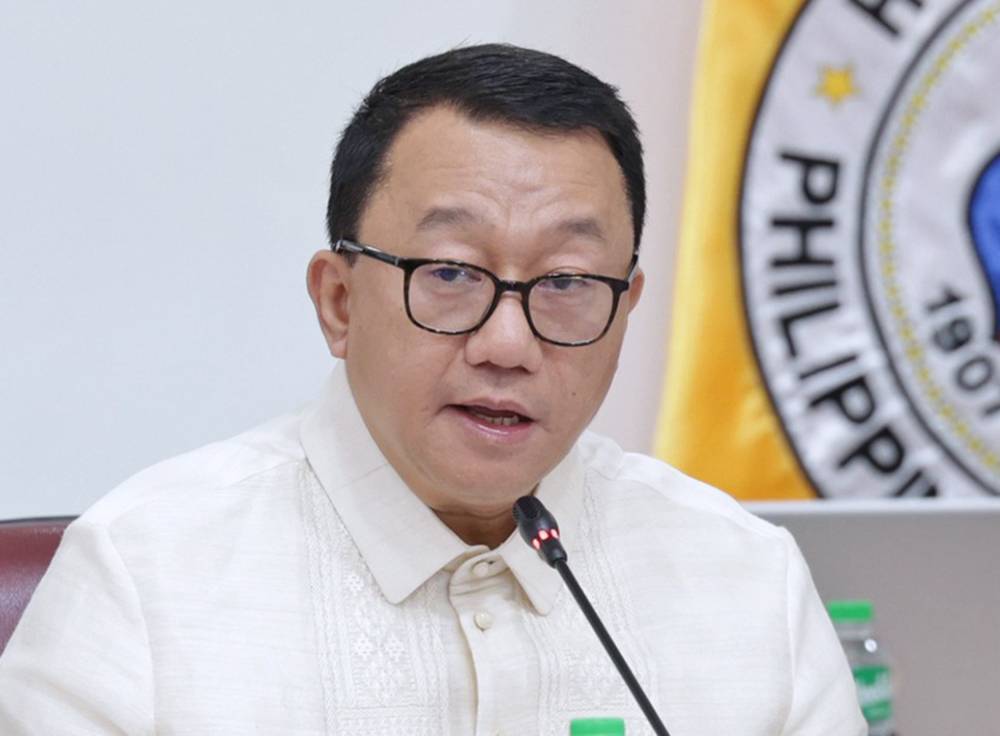
Chua said that Republic Act No. 1405, or the Bank Secrecy Act, which generally ensures bank records were confidential, explicitly makes an exception for impeachment cases that the prosecution team would possibly invoke.
“If public funds were misappropriated, the Filipino people have the right to know, and as prosecutors, we have the duty to uncover any such misappropriation. We will consider requesting subpoenas for bank records and, if necessary, seek judicial enforcement to ensure compliance,” the lawmaker pointed out.
He added that House prosecutors were also looking into coordinating with the Anti-Money Laundering Council and the Commission on Audit to track financial transactions that could be linked to alleged irregularities involving public funds allocated to the Vice President.
Trial in July
The actual impeachment trial of Vice President Sara Duterte will most likely start after the fourth State of the Nation Address (Sona) of President Marcos, according to Escudero.
“Most likely when the new Congress already enters into its functions. That means after Sona. So I think Sona is on July 21. So trial will commence after that day,” he said in a press briefing on Monday.
Escudero also addressed concerns on whether the impeachment trial could still be legally handled by the new batch of lawmakers following the May 12 midterm polls.
He said the impeachment trial could continue in the 20th Congress as he compared the impeachment court with other judicial bodies and constitutional commissions with quasi-judicial functions where the cases continue even though the judges have retired.
“It’s similar to the Court of Appeals, Supreme Court, Sandiganbayan which are all collegial courts. Even the ordinary regional trial courts that change judges, the cases continue,” he said.
“Another example is the Senate Electoral Tribunal (SET). SET cases cross into the next Congress, even if Supreme Court judges change, even if Senate membership changes. The pending cases continue and there was no need to dismiss them just because there’s a new set of lawmakers,” he added.
He reiterated that the upper chamber has no plans to call for a special session so they could proceed with the impeachment trial of Duterte.
Should Duterte resign before the trial is completed, Escudero said the Senate would decide on whether or not to continue with the impeachment trial.
“If she resigns, there are two things the impeachment court can decide on. One, dismiss it, very much like what they did in the case of [former] Ombudsman [Ma. Merceditas] Gutierrez. However, that’s only one penalty of impeachment. The other … is absolute perpetual disqualification to hold public office,” he said in an interview with news channel ANC.
“It will be decided upon by the impeachment court because I’m sure both parties will have different positions on this,” Escudero added.














